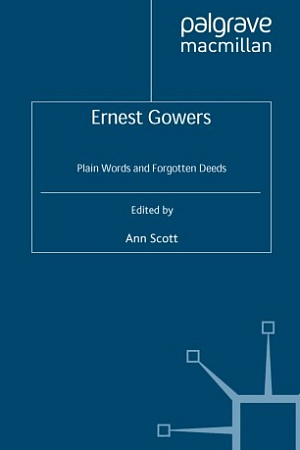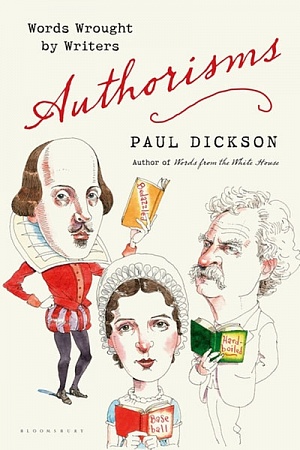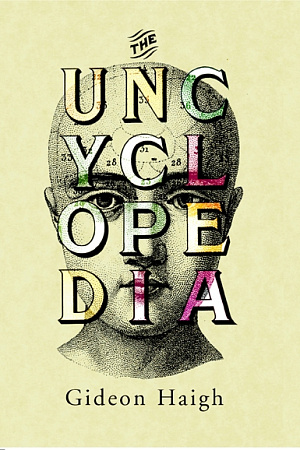'The slow death of Australian slang?' by Amanda Laugesen
There was a recent flurry of Australian media interest in the wake of the publication of a new edition of the Dictionary of Contemporary Slang, edited by Tony Thorne. Thorne only added a small number of new Australian slang termsto the new edition: ‘ort’, buttocks; ‘tockley’, penis; and ‘unit’, defined as a bogan. The apparent lack of new Australian slang terms was a cause of some anxiety: did it indicate we were losing our famed linguistic inventiveness? Was it a sign of our maturing as a nation? Or did it mean that Americanisms had finally taken over our language?
Australians have a long history of anxiety about their language. In the late nineteenth and early twentieth centuries, concerns were often expressed about the accent (sometimes described as the ‘colonial twang’). In an 1893 speech to the Methodist Ladies’ College, for example, Victorian Chief Justice John Madden instructed young Australians to ‘pronounce the English vowels as they were intended’. The accent would continue to be controversial until well into the twentieth century, with an accent closer to British Received Pronunciation for many years being the preferred sound for radio and television.
Continue reading for only $10 per month. Subscribe and gain full access to Australian Book Review. Already a subscriber? Sign in. If you need assistance, feel free to contact us.








